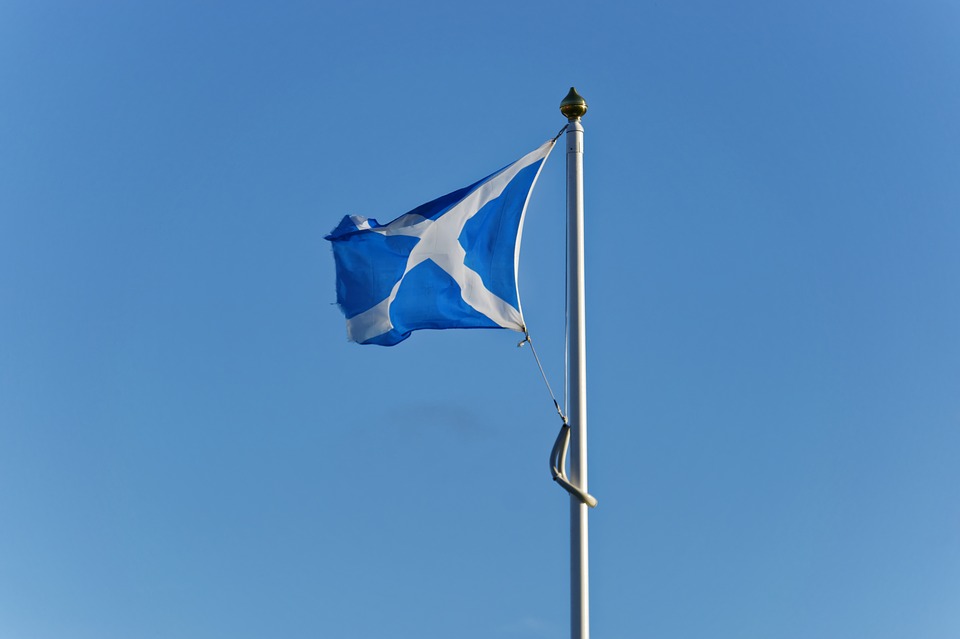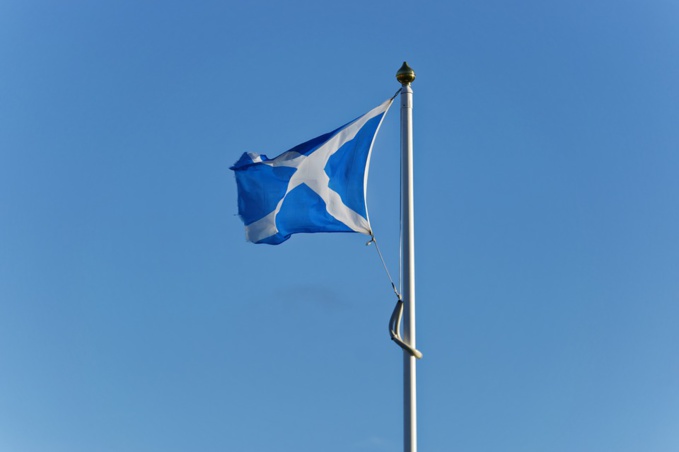The Scottish Minister for Brexit, Michael Russell, said that the accusations of incorrect vote counting, linked by Vote Leave, the official Brexit campaign, and the disgraced analysis company Cambridge Analytica, suggest a "big scandal" that could affect the results of the referendum.
"I think that the scandal with Cambridge Analytica is a serious scandal that influences the referendum on the Brexit issue. There are serious questions about the holding of the referendum and the use of resources, and this is a new series of circumstances that call into question many problems. But I think we cannot but admit that this is a factor that will continue to grow," Russell said.
Asked if there is a possibility of a second referendum in the EU, Russell said: "I think this is possible." Now there is a situation in which high-ranking government officials are said to know about actions that are contrary to the right to vote. This is a very serious situation".
He also proposed a criminal investigation into this matter.
Russell, a veteran of the SNP, initiated the Scottish government's attempts to keep the UK on a single market and avoid a tough Brexit that could turn into a catastrophe for Scotland's economy.
He said that the scandal with Cambridge Analytica has become one of the factors of the "political combination" that threatens to frustrate negotiations with the EU. The other includes local elections in May, where large losses can destabilize the Conservative Party, the weak position of Prime Minister Theresa May and the "inconsistent" position of the Labor Party in the Brexit process.
SNP had previously suggested that May's insistence on a tough Brexit outside the customs union and single market could be an excuse for a second referendum on Scotland's independence.
The scandal with Cambridge Analytics
This week, informant Christopher Wylie suggested that the data of Cambridge Analytica and other companies may have changed the outcome of both the presidential elections in the United States and the referendum on the issue of Brexit.
This week, Wylie, a former Cambridge Analytica employee, said that a Canadian company associated with the parent company of SCL Group conducted an analysis of the Vote Leave campaign before the referendum in June 2016. Wylie stated that the studies most likely violated the strict laws on the electoral process in Great Britain and, possibly, influenced the voting, which ended at 52-48%.
Another informant Shahmir Sanni said that the Vote Leave campaign donated £ 625,000, presumably to the independent BeLeave campaign group, which allowed it to concentrate funds in the company to provide digital services with a reference to Cambridge Analytica, which is likely to violate spending laws.
Head of the Vote Leave campaign Dominic Cummings made a strong refutation of statements last week, calling the allegations "actually wrong, hopelessly tangled or meaningless."
He said that the stories with “false references” to Vote Leave are given are in fact "a huge number of people who will do everything to try and change public opinion in order to cancel the referendum."
He said that these stories are presented by whistleblowers who "claimed what they did not see themselves."
source: businessinsider.com
"I think that the scandal with Cambridge Analytica is a serious scandal that influences the referendum on the Brexit issue. There are serious questions about the holding of the referendum and the use of resources, and this is a new series of circumstances that call into question many problems. But I think we cannot but admit that this is a factor that will continue to grow," Russell said.
Asked if there is a possibility of a second referendum in the EU, Russell said: "I think this is possible." Now there is a situation in which high-ranking government officials are said to know about actions that are contrary to the right to vote. This is a very serious situation".
He also proposed a criminal investigation into this matter.
Russell, a veteran of the SNP, initiated the Scottish government's attempts to keep the UK on a single market and avoid a tough Brexit that could turn into a catastrophe for Scotland's economy.
He said that the scandal with Cambridge Analytica has become one of the factors of the "political combination" that threatens to frustrate negotiations with the EU. The other includes local elections in May, where large losses can destabilize the Conservative Party, the weak position of Prime Minister Theresa May and the "inconsistent" position of the Labor Party in the Brexit process.
SNP had previously suggested that May's insistence on a tough Brexit outside the customs union and single market could be an excuse for a second referendum on Scotland's independence.
The scandal with Cambridge Analytics
This week, informant Christopher Wylie suggested that the data of Cambridge Analytica and other companies may have changed the outcome of both the presidential elections in the United States and the referendum on the issue of Brexit.
This week, Wylie, a former Cambridge Analytica employee, said that a Canadian company associated with the parent company of SCL Group conducted an analysis of the Vote Leave campaign before the referendum in June 2016. Wylie stated that the studies most likely violated the strict laws on the electoral process in Great Britain and, possibly, influenced the voting, which ended at 52-48%.
Another informant Shahmir Sanni said that the Vote Leave campaign donated £ 625,000, presumably to the independent BeLeave campaign group, which allowed it to concentrate funds in the company to provide digital services with a reference to Cambridge Analytica, which is likely to violate spending laws.
Head of the Vote Leave campaign Dominic Cummings made a strong refutation of statements last week, calling the allegations "actually wrong, hopelessly tangled or meaningless."
He said that the stories with “false references” to Vote Leave are given are in fact "a huge number of people who will do everything to try and change public opinion in order to cancel the referendum."
He said that these stories are presented by whistleblowers who "claimed what they did not see themselves."
source: businessinsider.com



















